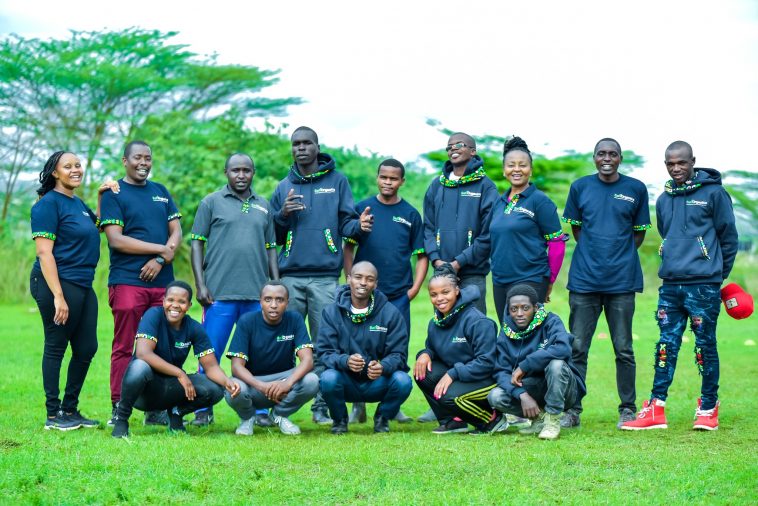TechInAfrica – When commercial fertilizer, mainly imported ones, is a hard reach to get into rural farmers’ storerooms due to its costly logistics, Kenya-based Safi Organics Limited, an agribusiness company is changing the practice with its tailor-made organic fertilizer.
The company utilized Massachusetts Institute of Technology (MIT) D-Lab’s verified and validated technology to transform crops waste from local harvest into three carbon-free fertilizer products, one of which, called Safi Sarvi, has seen an increased crop yield to 30% as the company claims on its website.
“I was initially pretty skeptical of the entire idea [of pivoting to fertilizer],” Safi co-founder and chief technology officer Kevin Kung says.
It was after he met with Samuel Rigu, a local agribusiness manager, during his trip to Kenya in 2013, that made Kung realized his PhD thesis can be applied to the agriculture field. His thesis was about turning crop waste from African villages into charcoal for cooking fuel, and Rigu helped him direct the application to process them into fertilizer, albeit with some prerequisite nutrients.
“I didn’t think it was feasible. But the local team really proved me wrong and has validated the improved yield and the impact on farmers,” says Kung after the tested fertilizer formula on a small group of farmers doubled the crops yield.
Kung and Rigu decided to sell the soil formulation as a company, and have since welcomed more than 5,000 farmers that purchase their fertilizers. These are the same farmers that went on to get an additional $800k profit from the increased crop yields, allowing them to provide for their families in essentials, education while gaining financial independence.
“Safi is decentralizing fertilizer production such that it can be carried out in rural villages for the first time,” Kung says.
The company employed local laborers on its production facilities in the villages, which can reach farmers up 20 miles away.
Crop wastes are bought from farmers, processed in nearby local facilities, and sold back as fertilizer to farmers. Another benefit from the fertilizer is its efficacy in balancing soil acidity, making it a convenient medium for plants and flowers to grow.
Last year sales brought over 40 tons of fertilizer to farmers, and this year Safi team wants to replicate similar outcomes to other developing countries, such as Tanzania, Uganda, and northern Punjab in India.
“Safi started as an MIT project,” Kung says. “But we had to learn how to engage local partners and recognize that sometimes they are going to become the champions of these initiatives, not necessarily us, and they’ll have the final say in the direction of things.”
“For me, it’s been an inspiring journey.”
For more information on Safi Organics:
Safiorganics.co.ke
+254 725 778829
Source: News.mit.edu



